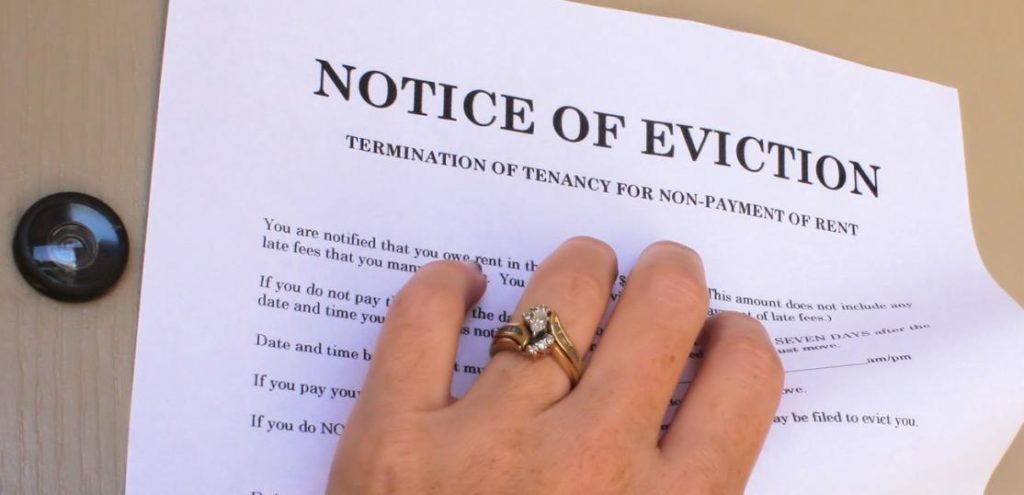Rather than extend eviction moratoriums, policymakers should supply emergency rental assistance to those experiencing pandemic hardships, the National Association of REALTORS® urges.

As moratoriums expire, evictions have started—and tenant groups are stepping up their efforts to fight back.
In South Central Los Angeles, tenant organizers called in a contractor when a local landlord removed a resident’s belongings. The landlord evicted and changed the locks on the renter’s apartment a week after he missed rent, reports The Real Deal, a real estate news site. More than 30 tenant organizers arrived at the rental to protest the eviction. They blocked a moving company from loading the tenant’s belongings into a van. Meanwhile, the contractor used a power drill to remove the lock on the unit and organizers moved the renter’s belongings back in.
The building’s landlord, David Wholman, told The Real Deal that he was “overwhelmed” by the response. “We’ve never had anything like this happen before,” he says. The tenant is staying put for now.
Tenant groups’ efforts to keep residents in their homes after the eviction is a strategic move. “If you don’t have possession of the home going into court, you lose, because you’re already evicted,” Trinidad Ruiz, a member of the Los Angeles Tenant Union, told The Real Deal.
About 27 states have eviction moratoriums still in place to protect renters during the COVID-19 outbreak. Several landlords are suing to remove those eviction bans.
On Aug. 3, President Donald Trump said he might consider executive action to impose a federal moratorium on evictions while a new stimulus package filled with pandemic relief is still weaving its way through Congress. A moratorium on evictions for federally backed mortgages expired on July 24. Several state moratoriums will soon expire as well.
Rather than extending eviction moratoriums, the National Association of REALTORS® urges policymakers to provide rental assistance to those experiencing pandemic hardships.
“If residents are unable to pay their rent, housing providers will also be unable to meet their mortgage obligations, fund their payrolls and pay their property taxes to state and local governments that have been hardest hit by the pandemic. That, in turn, is likely to catalyze a chain of events with potentially devastating financial and economic effects,” NAR stated in a joint housing coalition letter sent to congressional leaders on July 31.
Meanwhile, tenant groups are stepping in to prevent evictions. Several tenant organizations recently barricaded the New Orleans city courthouse. The courthouse was unable to open that day and proceed with eviction hearings that were scheduled.
“The reason we’re seeing more militant direct action from tenants is because of weakened protections,” Patrick Tyrell, a staff attorney at Mobilization for Justice, a nonprofit organization that provides free civil legal services, told The Real Deal. “What else can they do?”
Source: “‘We’re Seeing More Militant Direct Action:’ Tenant Groups Fight Evictions With Power Drills and Other Tools,” The Real Deal (Aug. 5, 2020)
